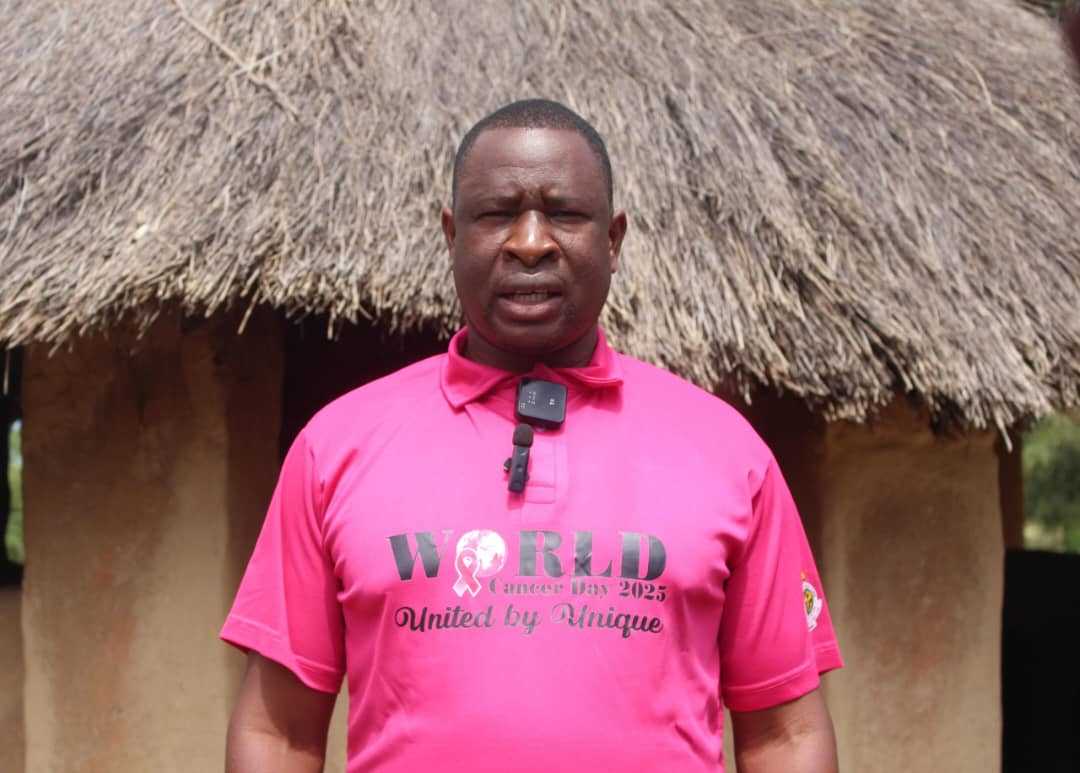
Patricia Mashiri- Zim Now Reporter
The tobacco selling season in Mashonaland West has been identified as a significant threat to HIV interventions, with rising cases of school dropouts, early marriages, and teenage pregnancies among young girls.
According to the Hurungwe District AIDS Coordinator, Admire Takawira, many young girls in the district are lured into relationships with older tobacco farmers, exposing them to unprotected sex and sexually transmitted infections (STIs).
Statistics from 2024 paint a worrying picture. The district recorded 4,289 cases of STIs, while 62 primary school girls were married and 79 became pregnant.
Among secondary school girls, 215 were married, and 170 fell pregnant. These figures underscore the urgent need for targeted interventions to protect young girls from exploitation and health risks.
“Hurungwe is widely known for its tobacco farming activities. The availability of disposable income during the selling season makes young girls particularly vulnerable. Older men often target them, luring them into sexual relationships, sometimes without protection,” Takawira said.
He emphasised the need to educate adolescent girls on sexual and reproductive health to empower them with knowledge and self-protection skills. He also pointed out that child-headed households, parental negligence, and peer pressure contribute to the rising cases of teenage pregnancies.
Related Stories
Meanwhile, Charity Choruwa, a Sista 2 Sista mentor from Vhareta Village, Ward 24 in Chiroti, highlighted that intergenerational relationships are a major driver of STIs in the district.
“Many girls prioritize financial stability over their well-being. When an older man offers to support their lifestyle, they are quick to accept, especially during the tobacco selling season. This has led to an increase in cases of teenage marriages, gender-based violence, and economic exploitation,” Choruwa said.
She added that some women face abuse from their spouses, who often sell all their tobacco and return home without any money, leading to domestic conflicts and financial instability.
Currently, Hurungwe District has an HIV incidence rate of 0.06 percent, with 3,427 people living with HIV. To address these challenges, the district has 16 Sista 2 Sista mentors working to reduce new infections among adolescent girls and young women, particularly those aged 15-24 who are out of school.
The program covers topics on HIV/AIDS, family planning, and has recently expanded to include discussions on non-communicable diseases, drug and substance abuse, and other emerging issues.
As the tobacco selling season continues, stakeholders emphasize the need for more robust community interventions to curb the negative social and health impacts on young girls in Hurungwe.











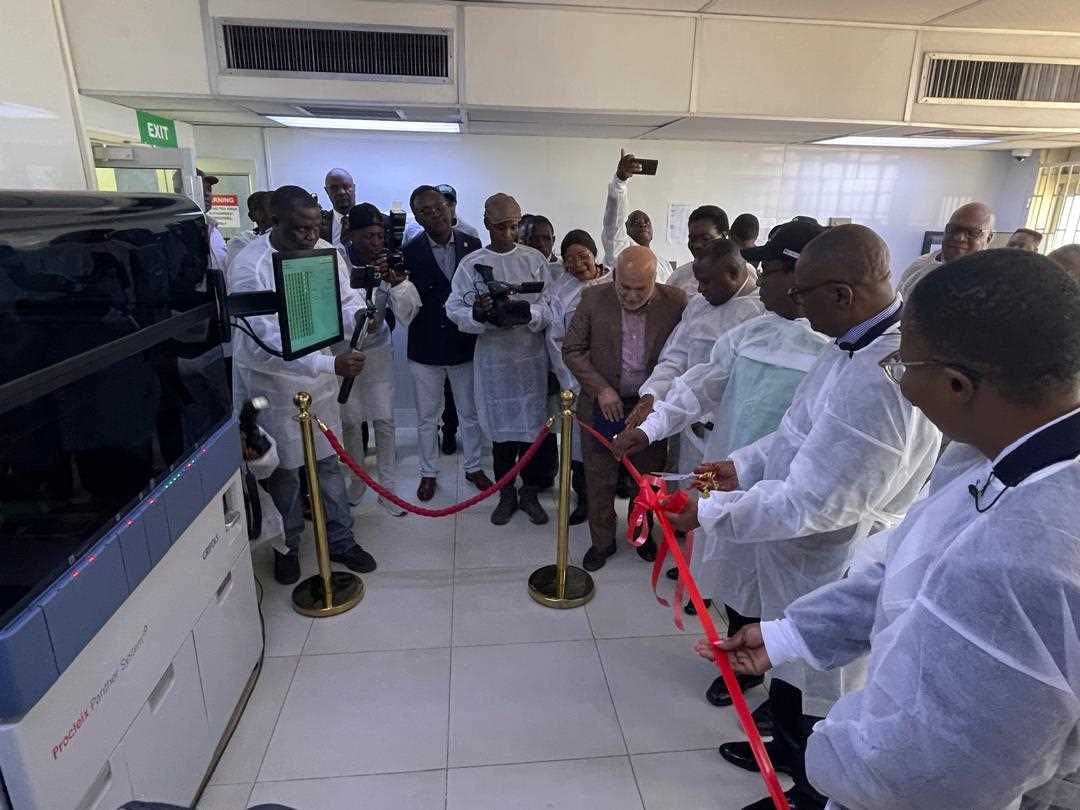
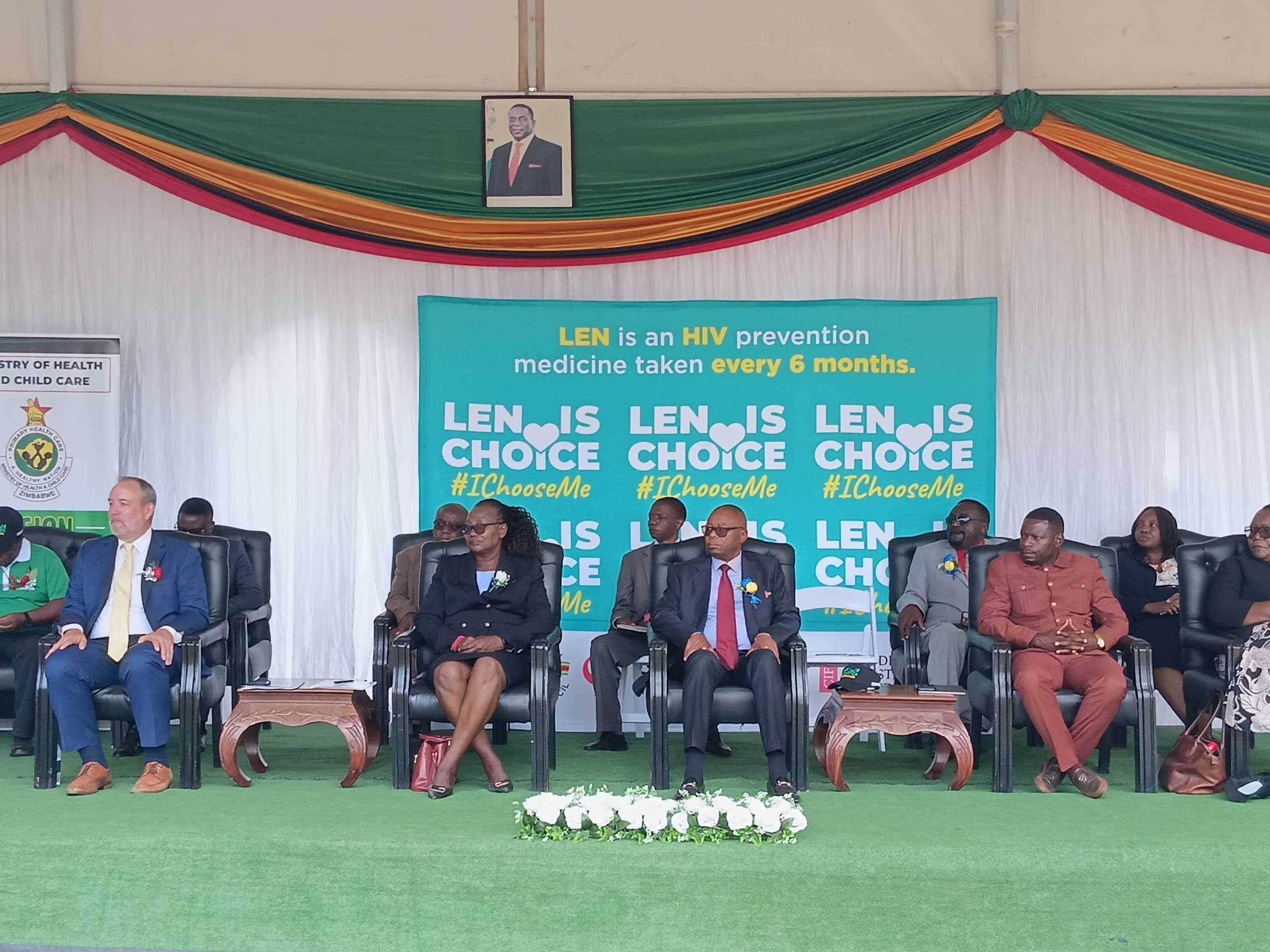



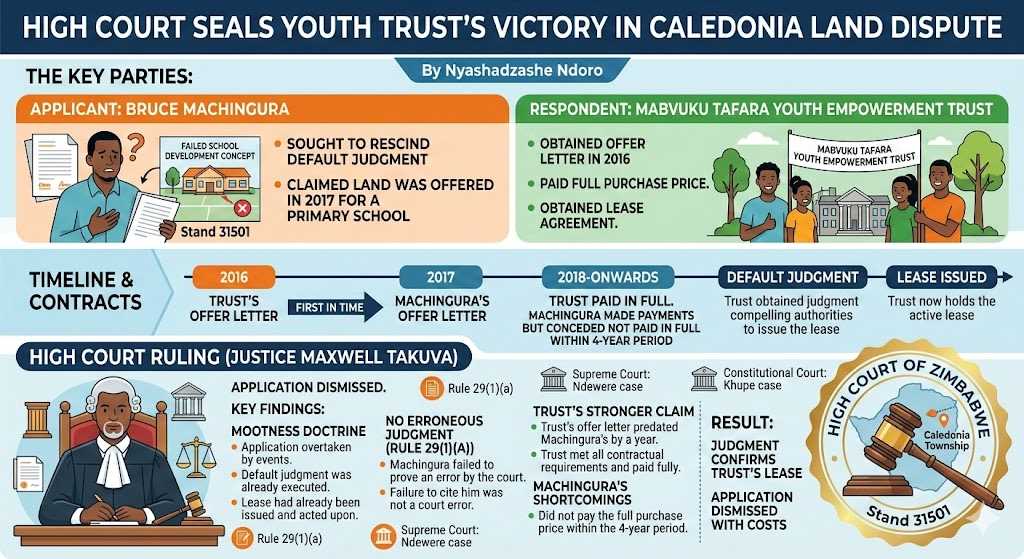
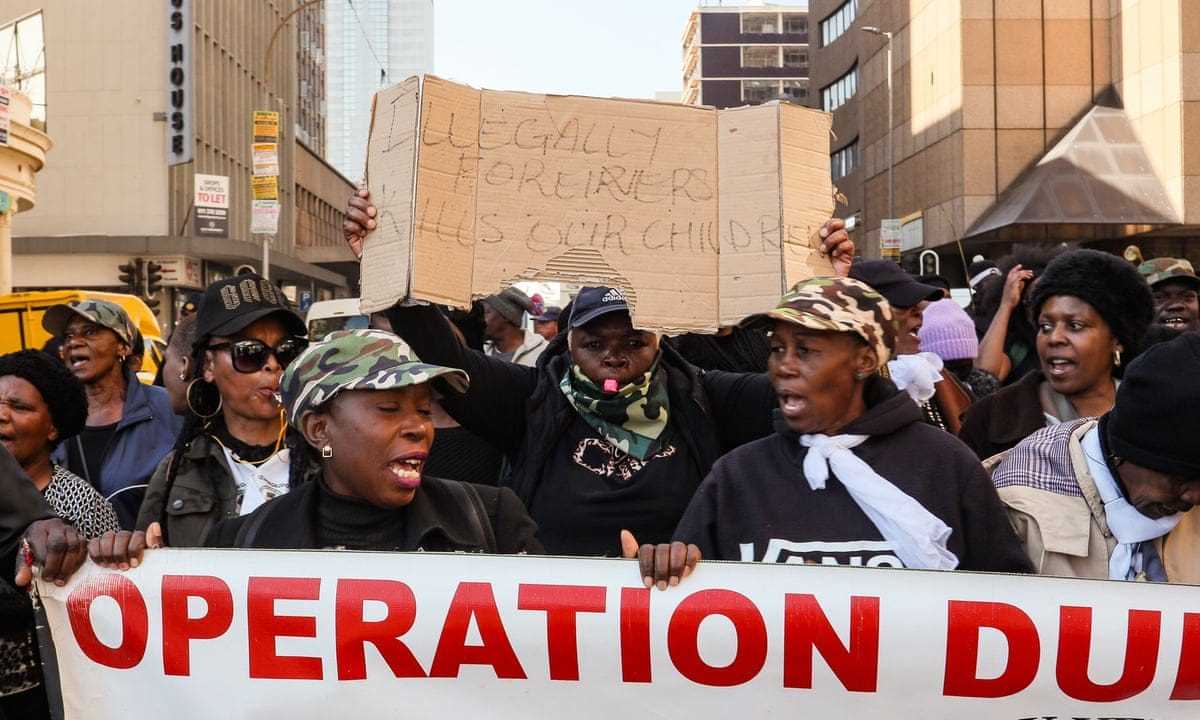


Leave Comments